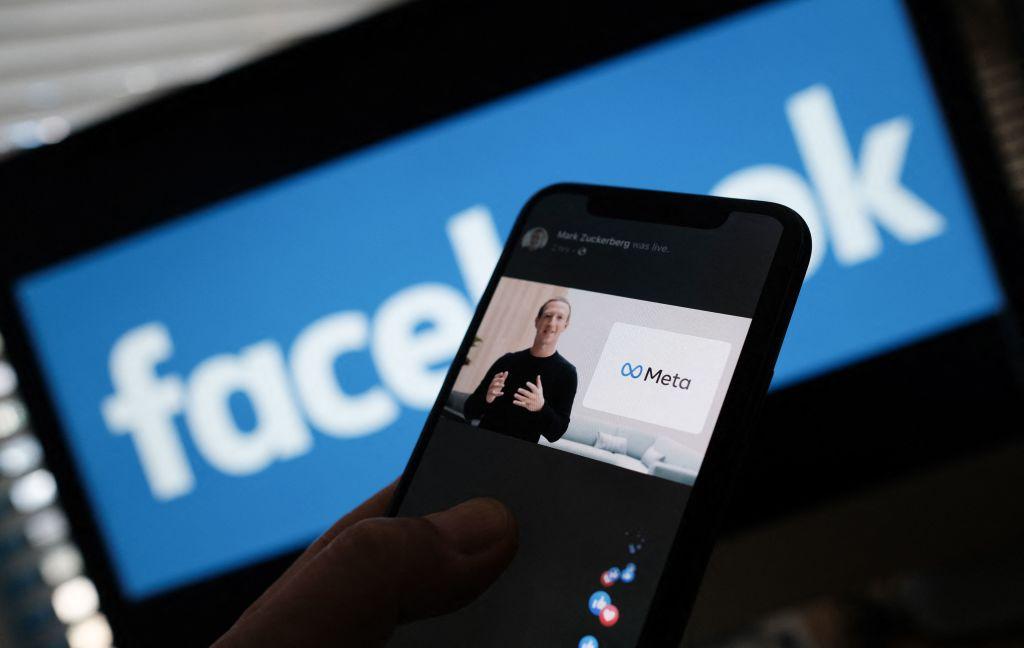Facebook parent company Meta has warned that it will pull news articles from its social media platform if Congress passes the Journalism Competition and Preservation Act (JCPA).
The legislation was introduced by Sen. Amy Klobuchar (D-Minn.) in March 2021 and would effectively remove some existing antitrust laws; making it easier for small news publishers to collectively negotiate with tech giants such as Facebook for a larger share of digital advertising profits.




